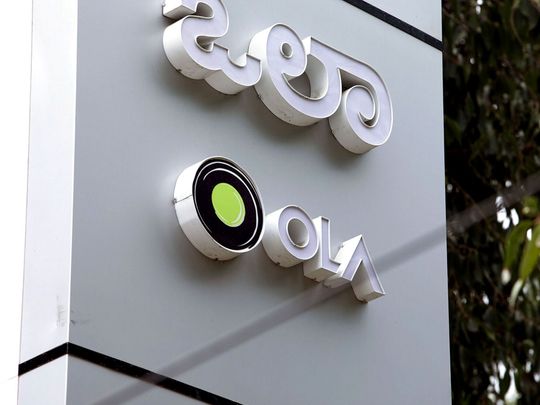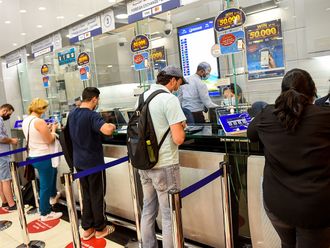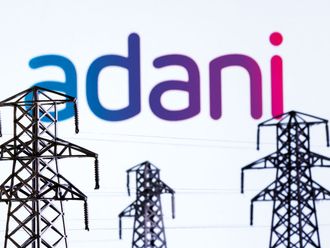
Mumbai: India's biggest e-scooter maker Ola Electric Mobility dazzled on its market debut Friday after raising $734 million, as traders bet on surging demand for battery-powered vehicles.
A booming stock market in the world's fifth-largest economy has stoked an initial public offering frenzy over the last two years, with start-ups and companies scooping up billions of dollars from domestic and foreign investors.
Ola Electric, backed by global investors such as Japan's SoftBank and Singapore's Temasek, has managed to establish a leading position in a country where electric vehicle adoption is low but growing fast.
Sales of two-wheelers dwarf cars in India, but less than 6 percent of the nearly 18 million scooters and bikes sold in India in the fiscal year ending March 2024 were electric.
Ola has sought to convince wary Indian customers that long-term fuel savings will make up for a lack of country-wide charging infrastructure.
The company sold 35 per cent of all electric scooters bought in India in the year to March, but has reported losses for the last three years.
The Indian government has spent over a billion dollars subsidising the sale of electric and hybrid vehicles over the last five years in an attempt to cut down on vehicle emissions.
Founder Bhavish Aggarwal, who often cheekily says "Tesla is for the West, Ola for the Rest", was jubilant as he entered the billionaires' club.
"Our hard work has paid off and the world recognises that," Aggarwal wrote on Tesla boss Elon Musk's social media platform X.
The company's shares surged to 91.20 rupees ($1.09), 20 per cent above their IPO price of 76 rupees ($.90)
Aggarwal founded Ola Electric in 2017 after tasting success with Ola Cabs, a popular ride-hailing app that competes with Uber in India.
Ola Electric's first scooter rolled out in 2021, but the company ran into several controversies including safety and fire incidents.
But the company edged ahead of competition from bigger rivals such as TVS, Bajaj Auto and Hero Electric.
In 2021, it announced plans to invest $920 million to build a vast electric vehicle hub in the southern state of Tamil Nadu.
Despite its success, the company continues to bleed money.
Its sales doubled to more than 329,000 units in the fiscal year ending this March, but its losses also rose 7.6 per cent year-on-year, to a little under $190 million.












